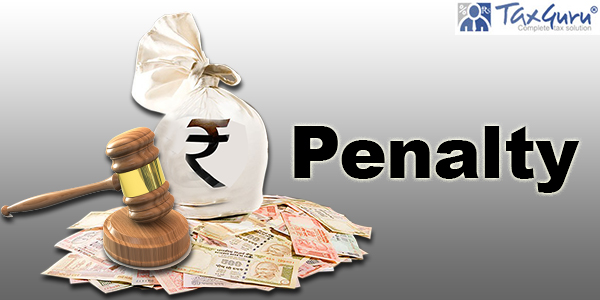Some of the major changes suggested in the revised discussion paper which have a direct impact on the tax outflow of the individual taxpayers are:
One of the contentious provisions proposed by the DTC was the introduction the EET regime wherein long-term saving schemes (i.e. Government Provident Fund, Recognised Provident Fund, Public Provident Fund, Life Insurance etc.) were to be taxed at the time of withdrawal from such schemes.
Taking cue from the fact that India does not have a dedicated social security system in place and considering the various administrative, logistical and technological challenges, the government has now proposed to continue with the EEE regime for long-term savings schemes wherein no tax is imposed at the contribution, accretion or the withdrawal stage.
The DTC had proposed deferment of tax on certain retirement benefits namely gratuity, commuted pension and voluntary retirement compensation.
Under the deferral scheme, the amount received would not be taxed in the year of receipt so long as the amount was invested in a specified retirement benefit account but was taxable at the time of withdrawal from such account.
However, the amount received on account of leave encashment was proposed to be taxed on receipt basis. In India, retirement money is used both for savings as well as expenditure purpose and any taxation on such saving is generally not welcomed.
Keeping this in view, the revised discussion paper proposes to exempt the amount received on account of gratuity, commuted pension, voluntary retirement compensation and leave encashment subject to specified limits.
The DTC had proposed to abolish deductions for interest paid on loans for self-occupied house.
Additionally, DTC had proposed to tax the vacant property at a flat rate of six per cent of the value fixed by the local authority or the cost of construction/acquisition of the house property.
The government has in the revised discussion paper proposed to continue with the deduction of Rs 1.5 lakh for interest on loan taken for the self-occupied house.
Further, the revised discussion paper has withdrawn the taxation of a vacant house, something in line with international tax practice.
The DTC had eliminated the distinction between short-term and long-term capital gains, especially with respect to the rates at which such gains would be taxed.
In case of non residents, capital gains were proposed to be taxed at the rate of 30 per cent and for residents, capital gains were subjected to tax at applicable rates. The securities transaction tax (STT) was also proposed to be abolished. Further, deduction from capital gains was allowed in case the amount was invested in the Capital Gains Savings Scheme.
The revised discussion paper proposes that capital gains will be considered as income from ordinary sources in case of all taxpayers, including non-residents and will be taxed at the rate applicable to that taxpayer, ie applicable slab rates.
A specified percentage of the capital gains will be taxed in the hands of the individual taxpayers, subject to certain conditions. It is also proposed to drop the Capital Gains Savings Scheme on account of administrative difficulties. Further, STT is proposed to be calibrated and would not be completely abolished.
Some of the other proposals for a common man put forward in the revised discussion paper are:
a) Valuation of perquisite on account of rent-free accommodation in the hands of the employee will not be done on the basis of the market value. This will help the government employees.
b) Perquisites in relation to medical facilities/reimbursement will not be taxed, subject to certain limits.




















I keep receiving a javascript error popup when I try submitting a comment. Does this happen for anybody else? I don’t exactly have the most current pc so possibly that’s the problem.
what about deduction of the medical insurance premium and charity to approved organisations from the total income?
The revised proposals in DTC are welcome. The tax-payers, no doubt will be benefited. However restriction of intt. on borrowed funds u/s 24 upto Rs.1.50 lacs will cause hardships to the assessee and it will restrict the boost in the Housing Development. Government should reconsider maintaining the original limit proposed.